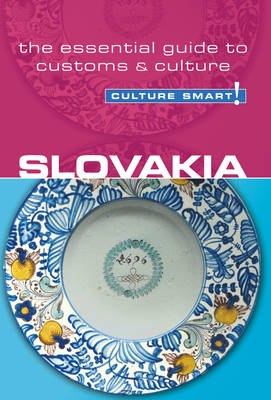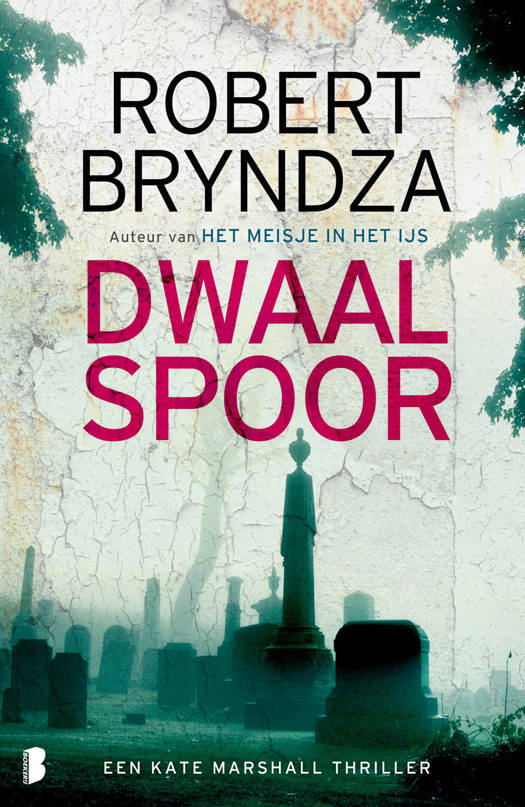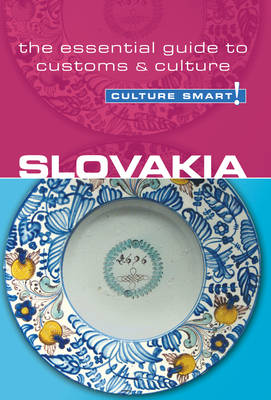
- Afhalen na 1 uur in een winkel met voorraad
- Gratis thuislevering in België vanaf € 30
- Ruim aanbod met 7 miljoen producten
- Afhalen na 1 uur in een winkel met voorraad
- Gratis thuislevering in België vanaf € 30
- Ruim aanbod met 7 miljoen producten
Zoeken
€ 14,95
+ 29 punten
Omschrijving
Slovakia has struggled with a low international profile. Often overlooked as the Czech Republic's little sister, it is a young country with an old culture and history, and a people who are proudly Central (not Eastern) European. Although for much of the twentieth century Czechs and Slovaks lived together in one state, there are important differences between them, differences that ultimately contributed to separation in 1993 and the rebirth of a sovereign Slovak state. Generally speaking, the Slovaks are more "Slavic" than the Czechs--their pace of life is slower, and their spare time is more often filled with friends, family, and music. They are known to be resistant to change, yet change has been a constant in the state's short economic and political history--from the fall of communism in the Velvet Revolution of late 1989, to the Velvet Divorce of Czechoslovakia in 1993, to widespread economic diversification, expansion, and global influence, to European Union membership in 2004, and the adoption of the euro in 2009-- and they have adapted with quiet optimism. Slovakia has been referred to as the economic "tiger" of Europe, and now that it has EU membership and a healthy industrial economy, Europeans are starting to take notice. Its popularity as a tourist destination has been growing rapidly in recent years. Slovaks call their country the Heart of Europe--a term that describes not only their geography but the Slovak character, which is warm, deeply hospitable, and immensely proud. Visitors who step outside Bratislava's Staré mesto (Old Town) and take the time to explore the country beyond will discover a landscape of plains, meadows, mountains, natural spas, and hundreds of ancient castles, and a people at once modest, stoical, humorous, and responsive. This book captures the essence of what makes the Slovak people unique and explains something of the quirks and memorable aspects of their lifestyle. It opens a window onto their inner world, their customs and celebrations, and describes what to expect and how to behave in different situations. While the country is not without its frustrations for foreigners, most visitors succumb to its charms. Few have left without yearning to return to "the little big country."
Specificaties
Betrokkenen
- Auteur(s):
- Uitgeverij:
Inhoud
- Aantal bladzijden:
- 168
- Taal:
- Engels
- Reeks:
Eigenschappen
- Productcode (EAN):
- 9781857335668
- Verschijningsdatum:
- 1/09/2011
- Uitvoering:
- Paperback
- Formaat:
- Trade paperback (VS)
- Afmetingen:
- 114 mm x 169 mm
- Gewicht:
- 176 g

Alleen bij Standaard Boekhandel
+ 29 punten op je klantenkaart van Standaard Boekhandel
Beoordelingen
We publiceren alleen reviews die voldoen aan de voorwaarden voor reviews. Bekijk onze voorwaarden voor reviews.











